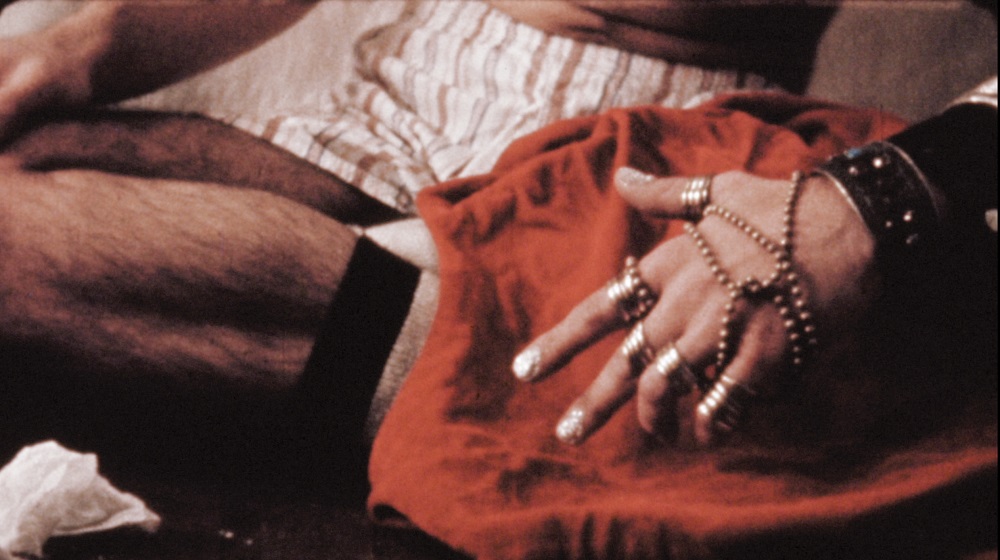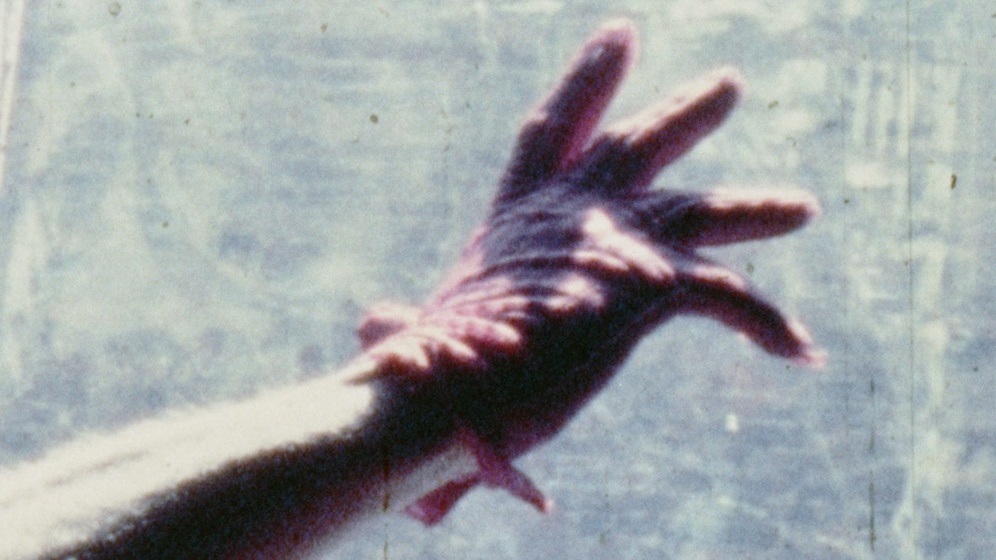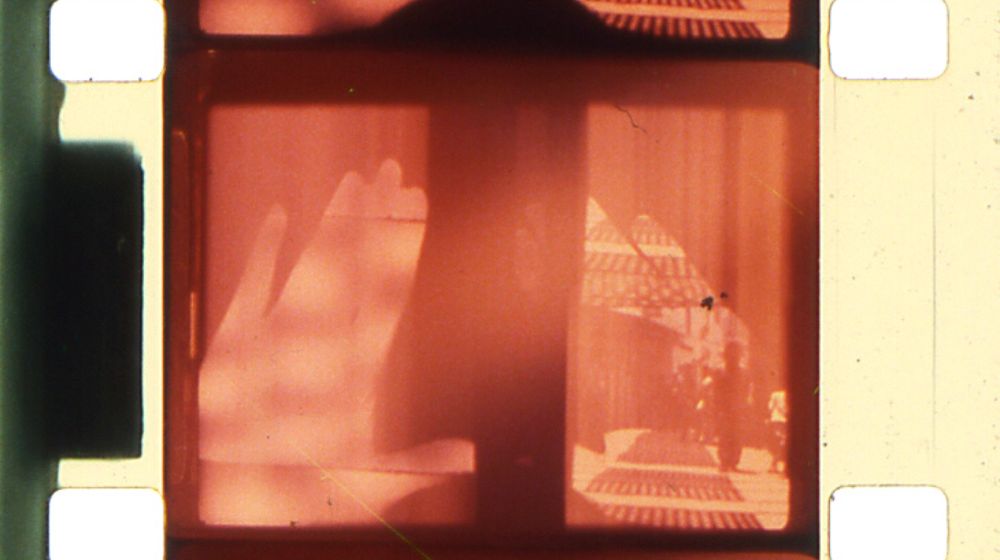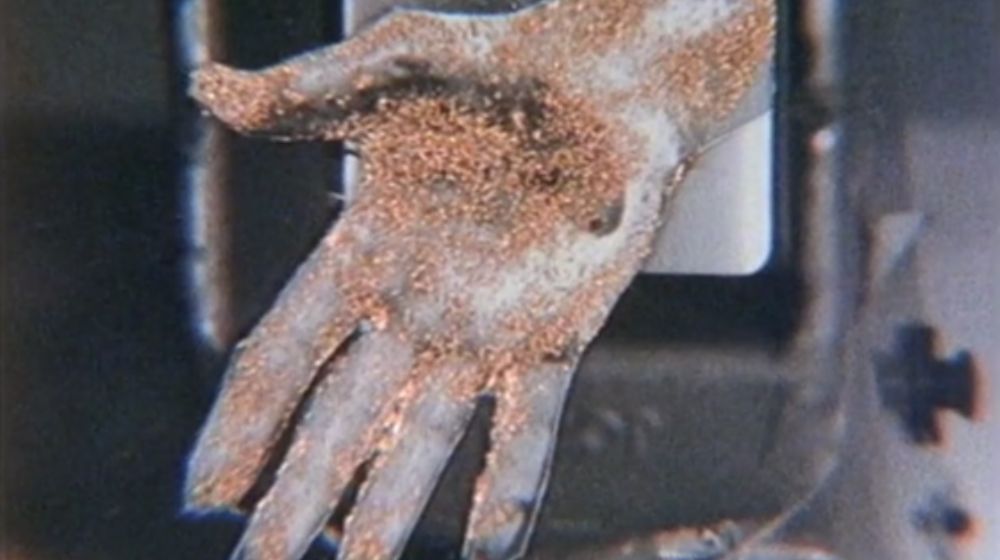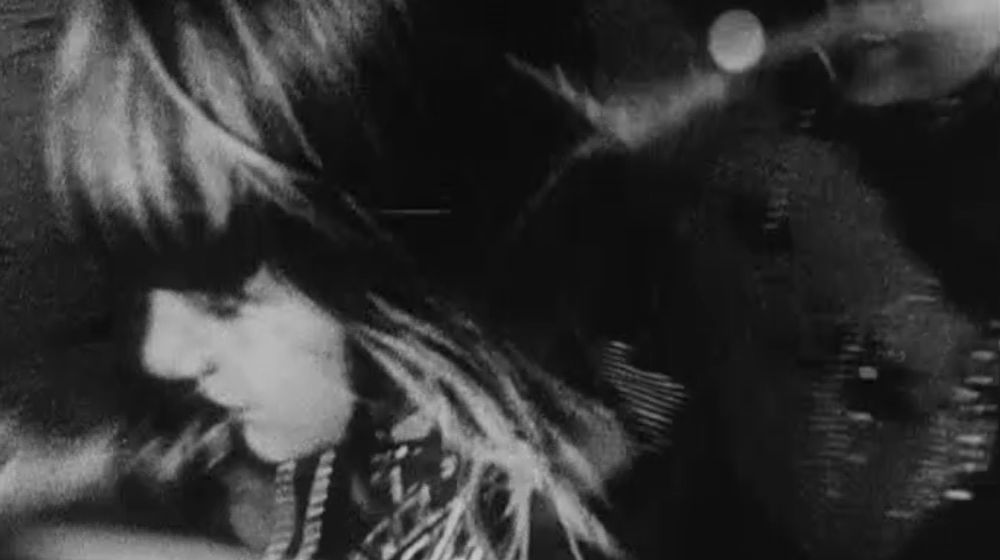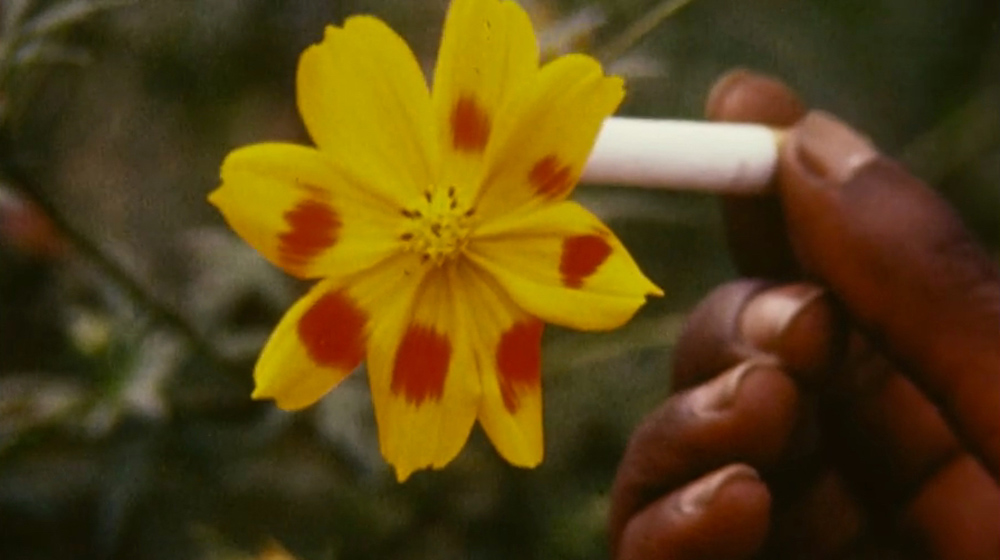Thursday 23 January
10:30 Welcome and presentation of the programme, Gloria Vilches (Xcèntric)
11:00 Queer: some issues of LGBTQI+ history. Antoine Idier (sociologist and historian)
Queer seems a familiar word, yet the notion remains ambiguous: depending on who uses it, and in what context, its meaning is not the same. The term is part of a long tradition among sexual minorities of questioning words to name and think themselves, to conceptualize their existence. Queer, on the other hand, reflects on identities and subjectivities, the plurality of belonging, domination and the invisibility of minority politics. As with any concept, while it makes it possible to formulate new problems, it leaves others unaddressed. This talk returns to some of these problems, linked to the relationship with the past and the writing of history. Rereading history from a queer perspective raises a number of conceptual difficulties, including the cohabitation of permanence and discontinuity, attention to different experiences of gender and sexuality, and the need to keep interpretation open.
12:30 Archive and Queer Counter-Archive: Activism, Material and Memory. Juan Antonio Suárez (researcher and lecturer at the University of Murcia, member of Perverse Collections: Building Europe’s Queer and Trans Archives)
This intervention is the result of ongoing work by the Perverse Collections research project, which explores the history and politics of queer and trans archives in Europe. It will look at the film material present in different types of queer archive, both in activist archives, directly linked to queer and trans militancy, and other types of archives that, without being linked to activism, bring together the collective memory of heterodox sexualities, as is the case of personal collections, film library holdings and artists’ archives. This intervention will focus particularly on counter-archives—heterodox, personal, non- (or anti-) institutional archives—and the possibilities—and the problems—they represent for managing and transmitting memory, as well as for the redefinition of queer as an identity in progress.
17:30 New York (c. 1966). Queer Cinema before and after Warhol (b. W./a. W.). Francisco Algarín Navarro (programmer and editor)
In the summer of 1963 Andy Warhol began making films that directly addressed sexual orientation and identity. This marked a turning point after several decades of subterfuge and representational veils (psychodramas, myths and allegories). Concentrated in and around the city of New York, queer cinema reached its peak, foreshadowing the social movements of the seventies. However, Warhol also had to deal with the most radical censorship bodies that imposed laws of depravity and obscenity, causing entire filmographies to disappear. This session sets out to contrast the splendour of this period with its dark vestiges: films seized and mutilated, abandoned projects, diminished catalogues, distributors’ empty spots. In today’s grim times, the paradoxes arising from the preservation and complex conditions of access to the main world archives continue to condemn even the most canonical queer cinema to a new phase of invisibility.
19:00 Screening: "Warhol Anatomy. Mouth, Eye, Sex."
Friday 24 January
10:30 Words and Archives: Naming Dissidences through Time. Hamaca team with Ros Murray (researcher and professor) and Julia Cortegana (archivist)
Hamaca’s experimental audiovisual holdings contain over a thousand significant counter-hegemonic, historical and artistic video productions made between the late sixties and the present day in Spain. Today, the archive continues to grow exponentially, hosting multiple forms of audiovisual expression and mutating, like the words that give it its name, towards the polysemies of the present. In 2024 Hamaca calls on an applied research group to review the taxonomy that organizes the video holdings and makes them accessible. The aim is to update the thesaurus, the cataloguing methodologies and the infrastructures to cover the present moment of the archive, by researchers, activists, programmers and archivists. During this session, they will share reflections on taxonomic revision (Too few or too many words? What gaps are created by the very contents of the archive? Who labels, and what’s their angle? What are the technical and reproduction bases on which we build the holdings?), drawing on the work carried out by the expert team of Hamaca along with thinkers and archivists Ros Murray and Julia Cortegana, based on their semantic research in feminist and queer ontologies.
12:30 Round Table (open to the public)
The Hamaca team is joined in conversation by Rebeca Tolosa of the Documentation Centre of Ca la Dona (Barcelona), and Alba Villarmea and Alejandro Artime of Ciclo Pulga, a recent initiative to salvage the history of Asturian queer filmmakers.
17:30 Queer Cinema as Living Archive. yann beauvais (filmmaker, programmer and archivist)
Faced with the polarized formalist scene of avant-garde cinema in 1970s’ Paris, in 1982, the filmmaker, programmer and writer yann beauvais set up the distribution company Light Cone with Miles McKane. This new cooperative widened its spectrum to reflect the diversity of themes, movements and film practices of avant-garde cinema, prioritizing queer cinema across the board and welcoming all kinds of aesthetic and formal dissidence, not just linked to sexual orientation and identity. As a programmer, beauvais worked in a living archive, screening as well as distributing and preserving these films in France and around the world, and enabling the creation of new communities. He has extended his activism to other areas such as writing, with his fundamental texts on gay and queer cinema, and above all his work as a filmmaker with his various films about the Aids crisis.
Other related screenings:
Saturday, January 25, FILMOTECA DE CATALUNYA:
18:00 Short film session of the “Genet al Raval” cycle
20:00 Manderley (Jesús Garay, 1980, 105 min) and Silencis (Xavier-Daniel, 1983, 14 min)
Sunday, January 26, 18:30 The Devil Has Struck Us with the Staff of Evil. The Cinema of George Kuchar
Thursday, January 30, 19:00 The Confessions of Curt McDowell
Sunday, February 2, 18:30 Eccentric Bodies and Autobiography in the Cinema of Barbara Hammer
